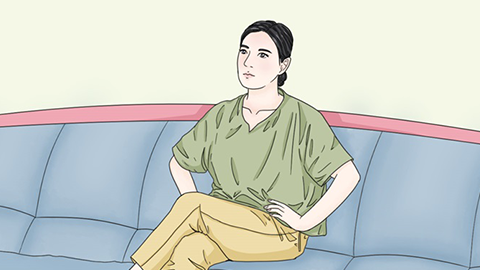Do menopausal women dislike the opposite sex?
Generally speaking, whether menopausal women develop aversion toward the opposite sex should be assessed based on individual psychological status, physiological changes, and specific circumstances. If emotional disturbances or relationship difficulties arise, it is advisable to seek psychological support or professional counseling promptly. The detailed analysis is as follows:

If a menopausal woman experiences severe hot flashes and insomnia due to hormonal fluctuations, or has a history of negative emotional experiences, and shows marked resistance when interacting with the opposite sex—such as avoiding physical contact or even normal communication—and this sense of aversion persistently affects daily life and cannot be relieved independently, it may be related to emotional dysregulation caused by physiological changes or underlying psychological trauma. In such cases, professional help is recommended.
However, if the dislike is limited to specific situations or certain individuals—for example, in response to inappropriate behavior—and the woman maintains normal, positive interactions with male family members or friends, sustaining healthy communication and emotional connections, this reaction is typically a normal interpersonal response rather than directly linked to menopause. It represents a reasonable reaction to poor social interactions.
In daily care, attention should be paid to emotional changes, and physical activities such as walking or yoga can help regulate both mind and body. Family members should provide understanding and support, avoiding provocative language. Diet-wise, include soy products and other foods rich in phytoestrogens, and maintain regular sleep patterns. Encourage participation in social activities. If emotional issues worsen, timely psychological counseling or medical intervention should be sought to improve well-being.






